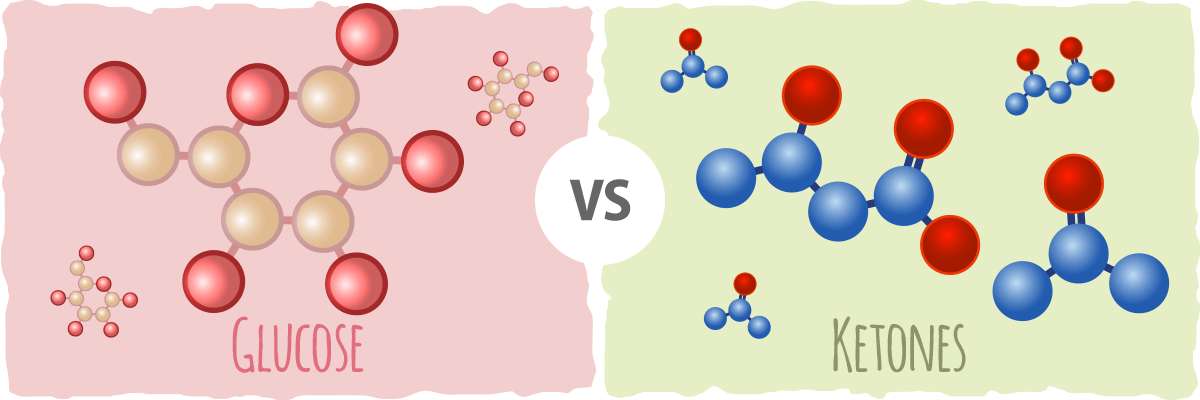Ketones - An introduction
by George Blackwell
One of many trends in the endurance world has been the recent growth in the use of ‘exogenous ketones’ as a means of improving athletic performance. This week, I’ll explain a little bit about the mechanism behind the potential of these supplements to improve performance, as well as how the research appears conflicting on this topic.
© Ruled.me
In simple terms, ketones are molecules that our body can use for energy. The body produces ketones naturally when we cut carbohydrate from our diet, either by eliminating carb-rich foods and / or as the body becomes glycogen depleted. This triggers it to convert fat into ketones, which then provide an alternative fuel to replace glucose.
The reason this is significant to endurance performance is that it is thought that by taking ketones ‘exogenously’ (consuming them), we might be able to preserve the body’s glycogen stores. We could then use ketones as an alternative fuel, leading to improved performance in the back end of long distance events, where higher intensities of output may be required. A great example of this is the Tour De France, where athletes need to ride at high intensities in the latter parts of a stage, up climbs, or trying to take stage wins in sprints. There are also some potential benefits for exercise recovery, such as being able to tolerate higher training loads and cognitive performance / mental alertness. However, the mechanisms around this are less understood.
Despite the fact that ketones are being widely used by World Tour cycling teams, long distance triathletes, and some ultra runners, the research isn’t very conclusive, likely due to the benefits of the supplement varying according to the protocol used (i.e. which supplement, serving size, what you take it with), the type of exercise (i.e. type, duration, intensity) and the athlete characteristics (i.e. gender, training level, diet, muscle fibre type).
There are still a lot of questions about how to best use ketones in sport, and I expect in the coming years these will slowly be answered as they become more accessible. Currently, ketones are available commercially, but they cost approximately £3.50 or more per serving. As you may need to use them every couple of hours during exercise to see a performance benefit, this can become extortionately expensive.
To go deeper into this subject, here are some useful resources on ketones and their use in sport:
References:
https://www.endureiq.com/blog/exogenous-ketone
https://www.fasttalklabs.com/articles/can-ketones-help-fuel-endurance-performance/
Acute Ingestion of Ketone Monoesters and Precursors Do Not Enhance Endurance Exercise Performance: A Systematic Review and Meta-Analysis: https://journals.humankinetics.com/view/journals/ijsnem/32/3/article-p214.xml?content=abstract

